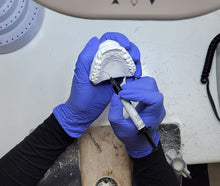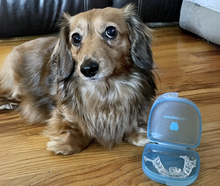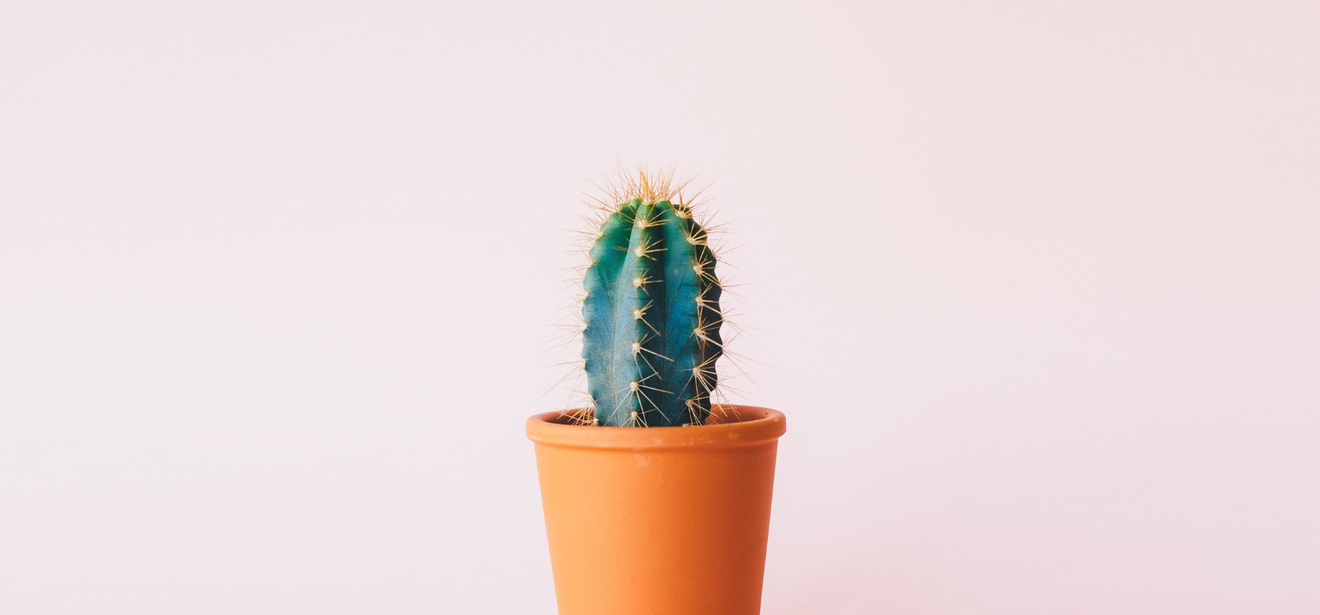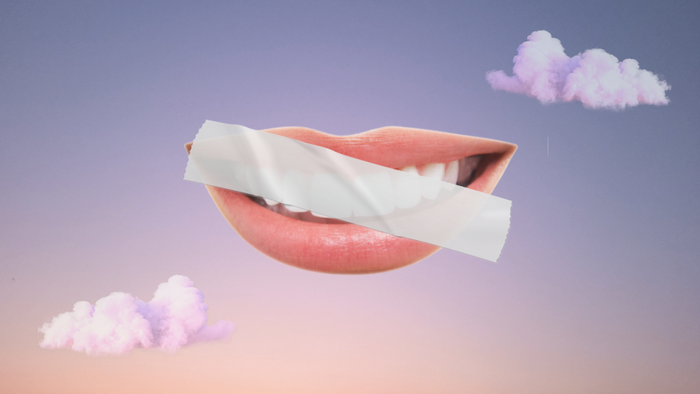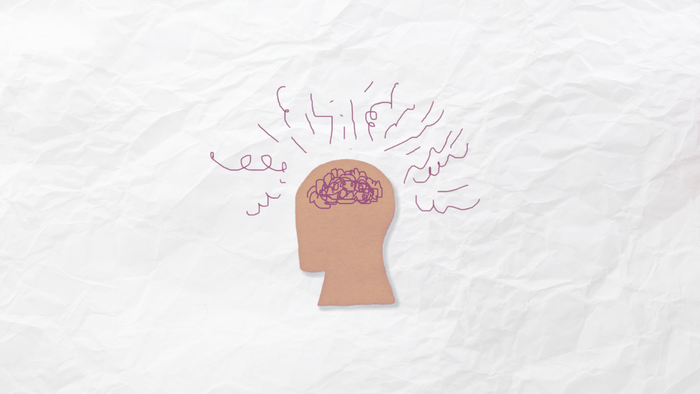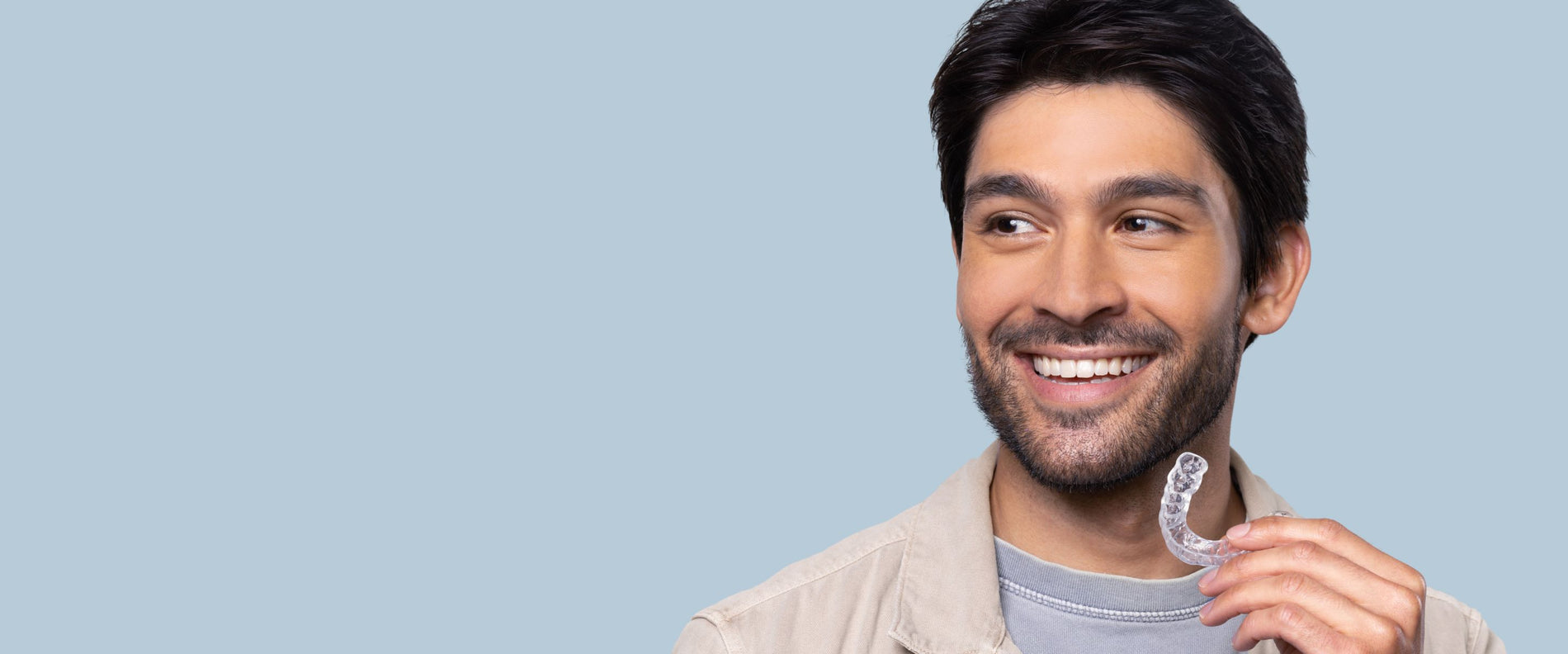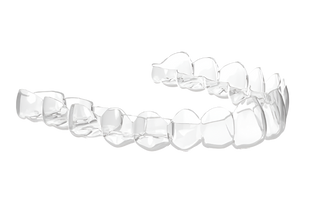The mention of acupuncture probably brings a visual to your mind of a person with tiny needles all over their face and body so you might be surprised to learn that acupuncture can be used as a treatment for teeth grinding. Acupuncture as a holistic medical treatment is well known for its ability to alleviate pain and stress, and as a result, can be used to stop teeth grinding naturally by triggering specific points in the body. Read on to learn what acupuncture is, how it works, and how acupuncture can be used as a treatment for teeth grinding.
What is acupuncture therapy?

Acupuncture is a key component of ancient Chinese medicine that involves the use of very thin needles inserted at strategic points in the body. In Chinese medicine, acupuncture is described as a technique to balance the flow of energy (or life force), also referred to as chi, that is believed to flow throughout the body. When the energy flow is disrupted, disease or stress can ensue, and the use of acupuncture can restore that flow, improving overall health and wellness. While most evidence for acupuncture efficacy is anecdotal, a few studies have found that acupuncture needling involves both the central and peripheral networks of the human nervous system.
From a physiological perspective, it is believed that needles placed at acupuncture points stimulate the central nervous system which causes the release of chemicals into the muscles, spinal cord, and brain. These biochemical reactions can then stimulate the body’s natural healing capabilities.
Can acupuncture be used to treat myofascial pain?
Acupuncture has been incorporated into Western society in the holistic medicine space with studies showing acupuncture as an effective treatment option for a variety of conditions. The most common use of acupuncture is for pain management, but it can also be used to promote overall wellness.
Specifically, acupuncture can be used to treat myofascial pain, a contributor to bruxism (commonly known as teeth grinding) and temporomandibular joint pain disorder (TMJ disorder). Next, we’ll dive into exactly how acupuncture works to relieve myofascial face pain to stop teeth grinding naturally.
Acupuncture for bruxism: how does acupuncture for teeth grinding work?
Now that you have some background on what acupuncture is and how it works in general to improve health and well-being, we can talk about acupuncture for bruxism (teeth grinding).
First, it’s important to note that anxiety and stress are linked to bruxism. Several research studies have shown that acupuncture can be used to decrease overall stress levels. With stress and anxiety being a known and common cause of teeth grinding, the use of acupuncture therapy to reduce stress can in turn reduce the frequency of teeth grinding episodes.
In addition to relieving stress, a 2016 study using acupuncture to target myofascial trigger points in the muscles responsible for teeth grinding and clenching (masseter and temporalis muscles) showed immediate and 1-week improvements in jaw pain and opening after acupuncture treatment. Similar to how Botox may be used as a treatment option for teeth grinding, the insertion of needles at these myofascial trigger points is believed to relieve jaw muscle tension and tightness. In this way, acupuncture may be used as a treatment for teeth grinding.
Acupuncture for TMJ: Does acupuncture work to treat TMJ disorder?
 If you have untreated bruxism, you might also be suffering from TMJ disorder, a condition that results in the strain of the temporomandibular joint and the surrounding muscles. TMJ disorder can cause discomfort, pain, and locking of the jaw joint, jaw tightness, and difficulty chewing. While TMJ disorder can require therapy and, in severe cases, surgery, acupuncture might also be an effective treatment option for TMJ disorder. Research studies have shown acupuncture to be an effective therapy for TMJ disorder, with one study showing that 85% of the patients studied had an average pain intensity reduction of 75%. This pain relief is believed to occur through the relaxation of the associated muscles by using specific trigger points. Acupuncture for TMJ disorder is also believed to reduce pain through the release of endorphins and serotonin as a result of stimulating the central nervous system.
If you have untreated bruxism, you might also be suffering from TMJ disorder, a condition that results in the strain of the temporomandibular joint and the surrounding muscles. TMJ disorder can cause discomfort, pain, and locking of the jaw joint, jaw tightness, and difficulty chewing. While TMJ disorder can require therapy and, in severe cases, surgery, acupuncture might also be an effective treatment option for TMJ disorder. Research studies have shown acupuncture to be an effective therapy for TMJ disorder, with one study showing that 85% of the patients studied had an average pain intensity reduction of 75%. This pain relief is believed to occur through the relaxation of the associated muscles by using specific trigger points. Acupuncture for TMJ disorder is also believed to reduce pain through the release of endorphins and serotonin as a result of stimulating the central nervous system.
What can I expect when getting acupuncture and is it the right option for me?
The thought of having small needles placed all over your body, particularly on your face might frighten you, and we don’t blame you! Especially if you have never received acupuncture therapy before, you might be wondering what an acupuncture session for teeth grinding session entails.
Luckily, acupuncture is a natural procedure with very few complications or side effects. The needles used in acupuncture are sterile, disposable, FDA-regulated, and as thin as a strand of human hair. You will feel a small prick upon needle placement and the feeling is less painful than a shot or blood draw. An acupuncturist will ask you to report when you feel a deep heaviness, a sign that the treatment is working. An acupuncture therapy session can be as brief as a few minutes or as long as twenty minutes.
While current research on acupuncture for bruxism is promising, it is important to keep in mind that studies are ongoing. Due to this, results may vary from individual to individual when evaluating the effectiveness of acupuncture for teeth grinding.
Is acupuncture a good way to stop grinding teeth in sleep naturally?
If you are exploring more natural and holistic treatment options for your bruxism and/or TMJ disorder, acupuncture therapy might be something you can try to stop teeth grinding in your sleep naturally. If you aren’t quite ready to take the leap with acupuncture, we have mouthguards available as another natural treatment option for teeth grinding. In the meantime, we will keep you posted on the latest treatments for bruxism and TMJ disorder!

